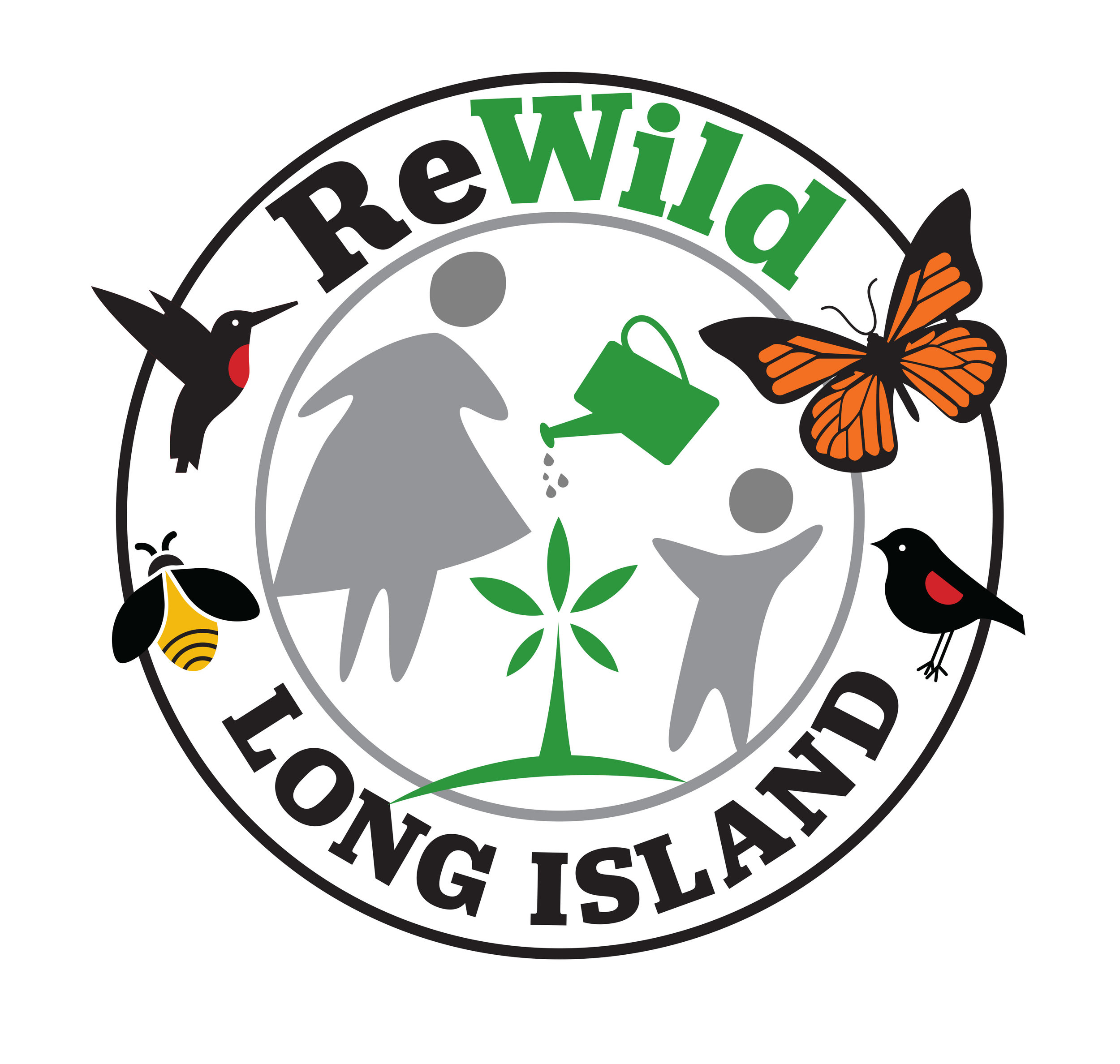Learn how plastics are produced, used and introduced into our environment by auditing the Beyond Plastics online course. Your fellow students will include a global community along with your neighbors as well as East End environmental groups and experts. The course meets February 19 - April 2, 2025 on Wednesdays at 7-9pm ET. The $100 audit fee is well worth the understanding you’ll gain.
Get details and register here for Beyond Plastics through Bennington College.
Join the East Hampton discussion group that will meet in the. Examine local plastics issues with experts and take meaningful action together. Register here for the local group, whether you are a community member, area expert, local organization or municipal employee / official working to solve local issues.
Register here for the local discussion / action group.
If you’d like to collaborate on PR or the local discussion group, complete discussion / action group registration linked above or email Gloria at the link below. Let’s make this a community effort.
Got Questions? Email Gloria at EastHamptonCompost@ReWildLongIsland.org
Why is ReWild / East Hampton Compost concerned about plastics? Here are a few of the many reasons:
I’ve audited the Beyond Plastics course a couple times along with Long Island high schoolers — and we all learned a LOT
Taking the course prompted me to look around my home and see all the single-use plastic everywhere. I’ve since been able to substitute many of them for plastic-free products.
I’ve hung out with the crew at the EH Recycling Center and discussed what happens to our recyclables and non-recyclables. It’s eye-opening.
The #1 contaminant we receive in our compost drop-offs is plastic. It’s everywhere. And no one wants plastic waste in our yards, vegetable gardens, or beaches.
Learn more about composting at ReWildLongIsland.org/compost.
Ongoing and upcoming projects include drop-off locations, backyard composting, compost coaches, kitchen recycling and local talks for community groups, libraries and schools. Community composting turns food scraps into soil food.

